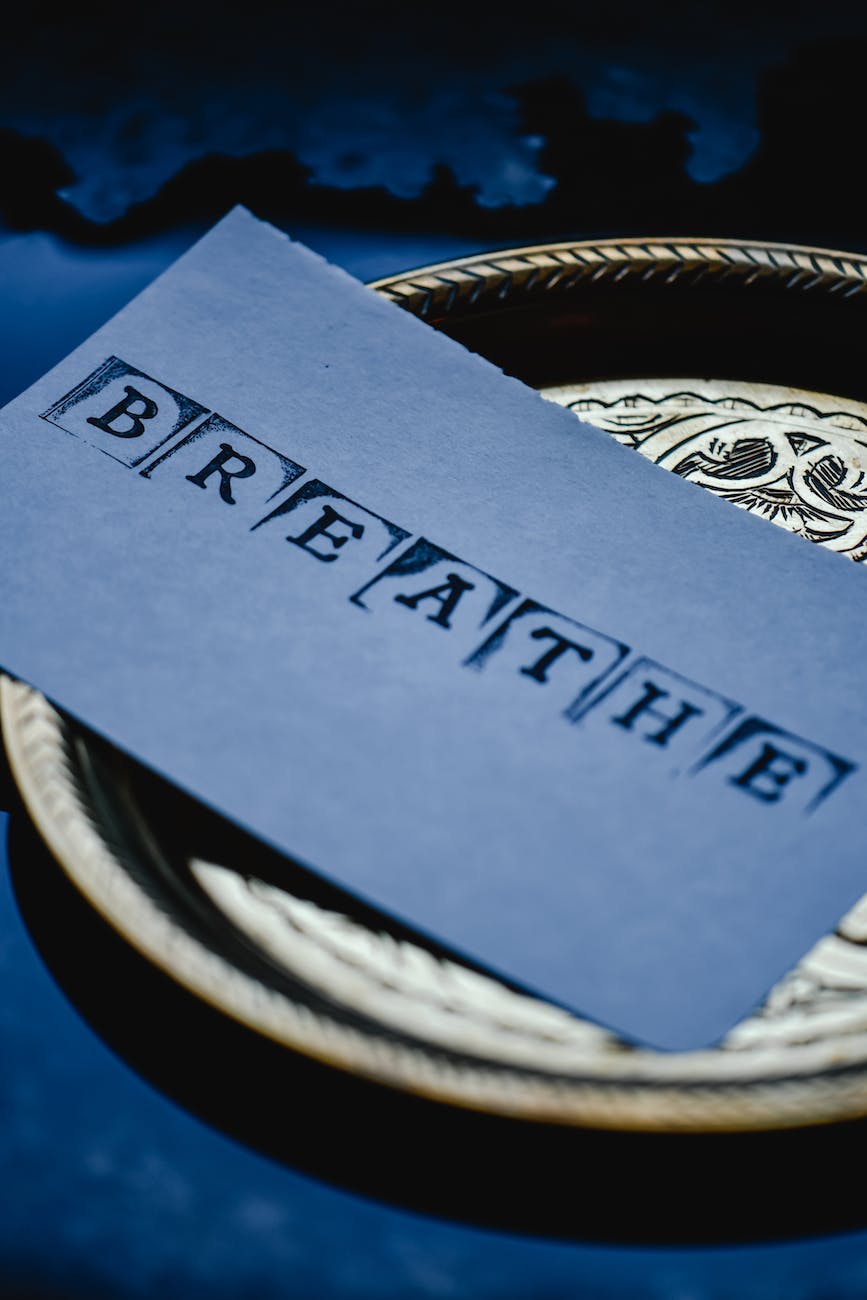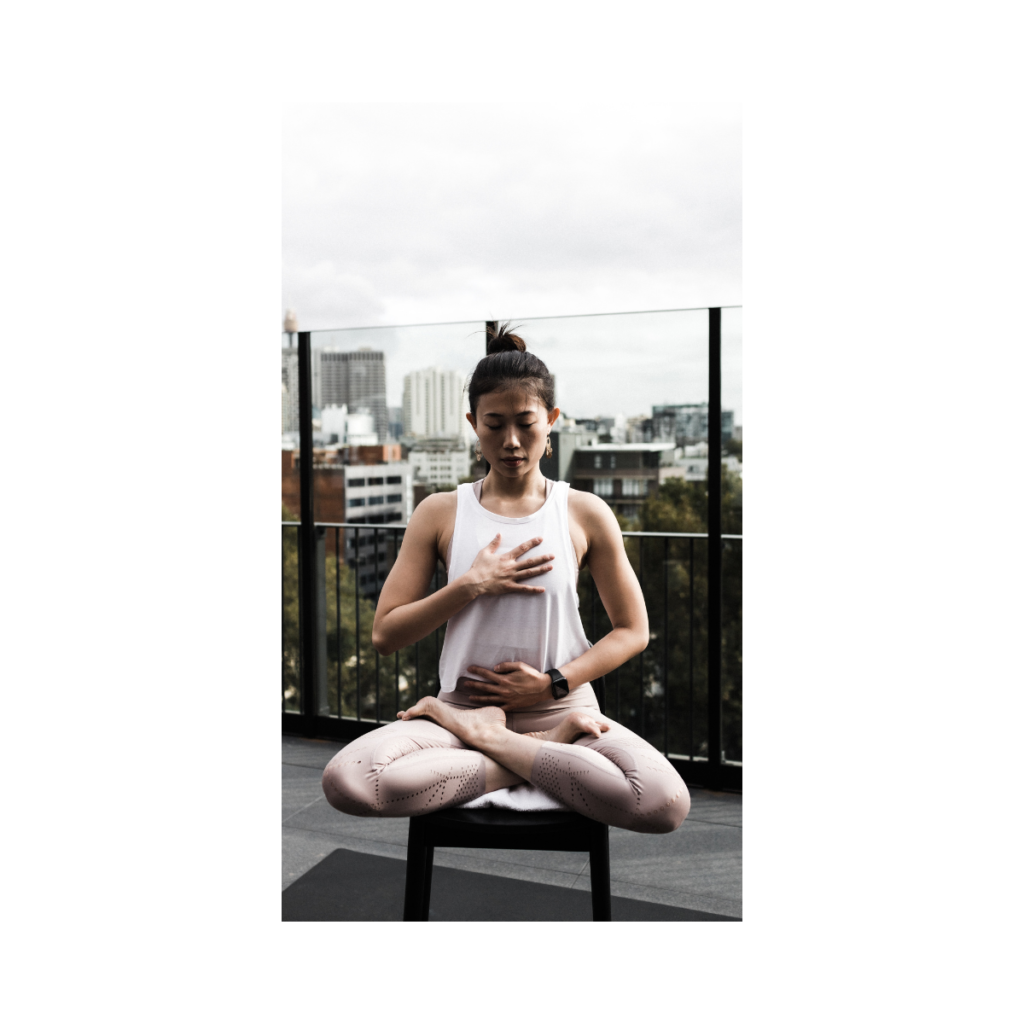Breathing Comes Naturally, Or Does It?

You’re nervous about an upcoming presentation and someone says, “just breathe”.
You’re angry and upset, about to say something nasty and you remember someone telling you to take a deep breath before speaking out.
Breathing does so much more than merely keeping us alive. And though we don’t have to think about breathing, if we do, we might make some interesting discoveries. We only tend to think about breathing when we are having trouble. A cold virus or sinus problems often affect our breathing. COVID certainly brought more attention to breathing. And though we think breathing happens all on its own we can control how we breathe. There are people who do Breath Hold Diving who can hold their breath for up to 10 minutes. And there are other people who find themselves holding their breath without having intended to do so.
Do You Have Breathing Problems?
You might have respiratory problems such as Asthma, Allergies, COPD, or others. You might also have sleep problems related to breathing. Do you experience any of these: 1.) you wake up at night gasping for air? 2.) snoring? 3.) have sleep apnea? All of these affect your sleep quality, and in turn your energy, ability to concentrate, your blood pressure, and much more. These too, are about breathing. Though we breathe naturally, we often could do better if we were to take a few minutes and think about our breathing. Breathing is natural and everyone knows how to breathe. Well, these are only ‘sort of’ true. We often don’t breathe as well as we could to get the full benefits of our breath.
Focus on Breathing
In one day, you will take approximately 23,000 breaths. Make sure you are getting the most from each breath. We have learned that 4-minutes without breathing can cause permanent brain damage, and 6-minutes can cause death. Breathing is important. Maybe we would benefit by paying a bit more attention to breathing.

Take a minute and count your breaths. Don’t change how you breathe, just count the number of breaths in a minute. At rest I took 7 breaths a minute. These weren’t deep breaths, only regular breaths. The ‘normal’ respiratory rate for adults is 12 to 16 breaths per minute. Now try a little breathing exercise (if you have any health problems or concerns check with your doctor before doing any breathing work).
- Make yourself comfortable, preferably sitting up straight. Make sure there are no clothes restricting the movement of your neck, chest, or abdomen.
- Focus your attention on your chest/heart area. It might help to place your hand on your chest.
- Take a breath that is a little deeper and slower than usual. Breathe at a rate that is comfortable for you.
- Repeat 4 or 5 times.
- How do you feel?
Many people report feeling calmer. Why does this happen? The simple explanation, the change you feel is related to your nervous system. You’ve heard of the ‘fight or flight’ response that happens when you are stressed or in danger. It doesn’t matter if the danger is a lion chasing you, driving your car in winter conditions, or having to give a speech your body goes into ‘fight, flight, or freeze’ response, (the freeze has been added in more recent years) this the Sympathetic Nervous System at work. When in ‘fight, flight, or freeze’ mode your breathing will become shallower, your blood pressure will increase, your digestion will slow down, and you might notice tension in your shoulders.
To counter the Sympathetic Nervous System (SNS), you want the Parasympathetic Nervous System (PNS) to activate. The PNS, the rest and digest system will help you relax and put your body in a state of calm. This is where your breathing comes into play. Some focused, controlled breathing will help to activate the PNS. Find a breathing routine that works for you. Start slow and simple with a few slow deep breaths. Focus on including the abdomen to ensure you are taking deep breaths.
Learn more about breathing and some breathing techniques in my Learning to Breathe blog.
According to Deepak Chopra’s information, there are numerous benefits related to breathwork:
- helps relieve physical, mental, and/or emotional tension
- causes activation of the parasympathetic nervous system, which then slows down your heart rate and lowers your blood pressure and thus causing a sense of calm
- helps reverse the effects of cortisol and adrenalin (released during stress) and relaxes the body
- deep breathing can help you slow down the monkeys busy in your brain
- helps you reach a deeper state of mind; calms the mind and helps you focus
- helps you attain inner peace and awareness

Practice breathing techniques several times a day until it because a normal part of your daily routine. Set regular times such as when you first get out of bed, during your drive to and from work, before a meeting, before and after any stressful event. The more you practice the greater your benefit.
During this time of parties, shopping, and family get togethers a little extra focus on breathing to calm and relax yourself can be of great benefit. A little breath work can help you enjoy this busy Christmas and festive season.